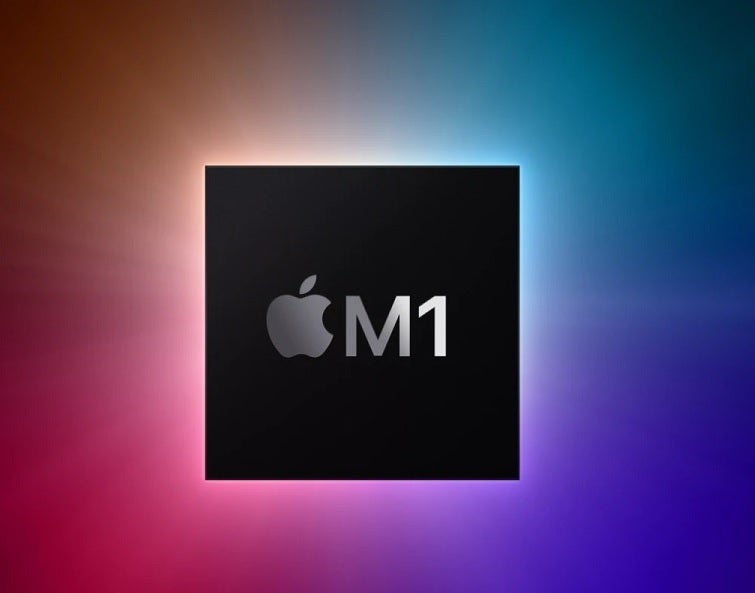TSMC 5G iPhone roadmap: 5nm chips this year, 3nm chips next year

According to an upcoming Digitimes story previewed by MacRumors, next year's iPhone models (2022) could be powered by the A16 Bionic chip manufactured by TSMC using the 3nm process node. On Wednesday, Digitimes is expected to cite industry sources in a report and say that "TSMC is on track to move its 3nm process technology to volume production in the second half of 2022 for Apple's devices, either iPhones or Mac computers."
Apple has reportedly booked all of TSMC's 4nm chip production for Apple Silicon that it will use to power new Macs. If the report is accurate, Apple will be making the move from the current 5nm A14 Bionic to the 3nm A16 Bionic in two years keeping pace with Moore's Law. This is the observation made by former co-Intel founder and CEO Gordon Moore who noticed that the number of transistors that fit into a square mm tend to double every other year.
As transistor sizes shrink and more are placed inside a chip (Apple's M1 carries a whopping 16 billion transistors; the A14 Bionic that powers the iPhone 12 line has 11.8 billion transistors packed inside), these semiconductors become more powerful and energy-efficient. This year's iPhone models including the iPhone 13, iPhone 13 mini, iPhone 13 Pro, and iPhone 13 Pro Max will be equipped with the A15 Bionic which will be built by TSMC using its enhanced 5nm process node.

The 5nm M1 chip sports 16 billion transistors
Earlier this month we told you that Apple was reported to have placed an order for 100 million A15 Bionic chipsets from TSMC. Those will be manufactured using the foundry's enhanced 5nm process node. Besides its 4nm and 3nm production, TSMC has also sold out its 5nm production. The Taiwan-based firm reported its July revenues today and surprisingly, on a month-over-month basis July gross dipped 16.1% to NT$124.56 billion ($4.47 billion USD), down 16.1% from the record high set in June.










Things that are NOT allowed: